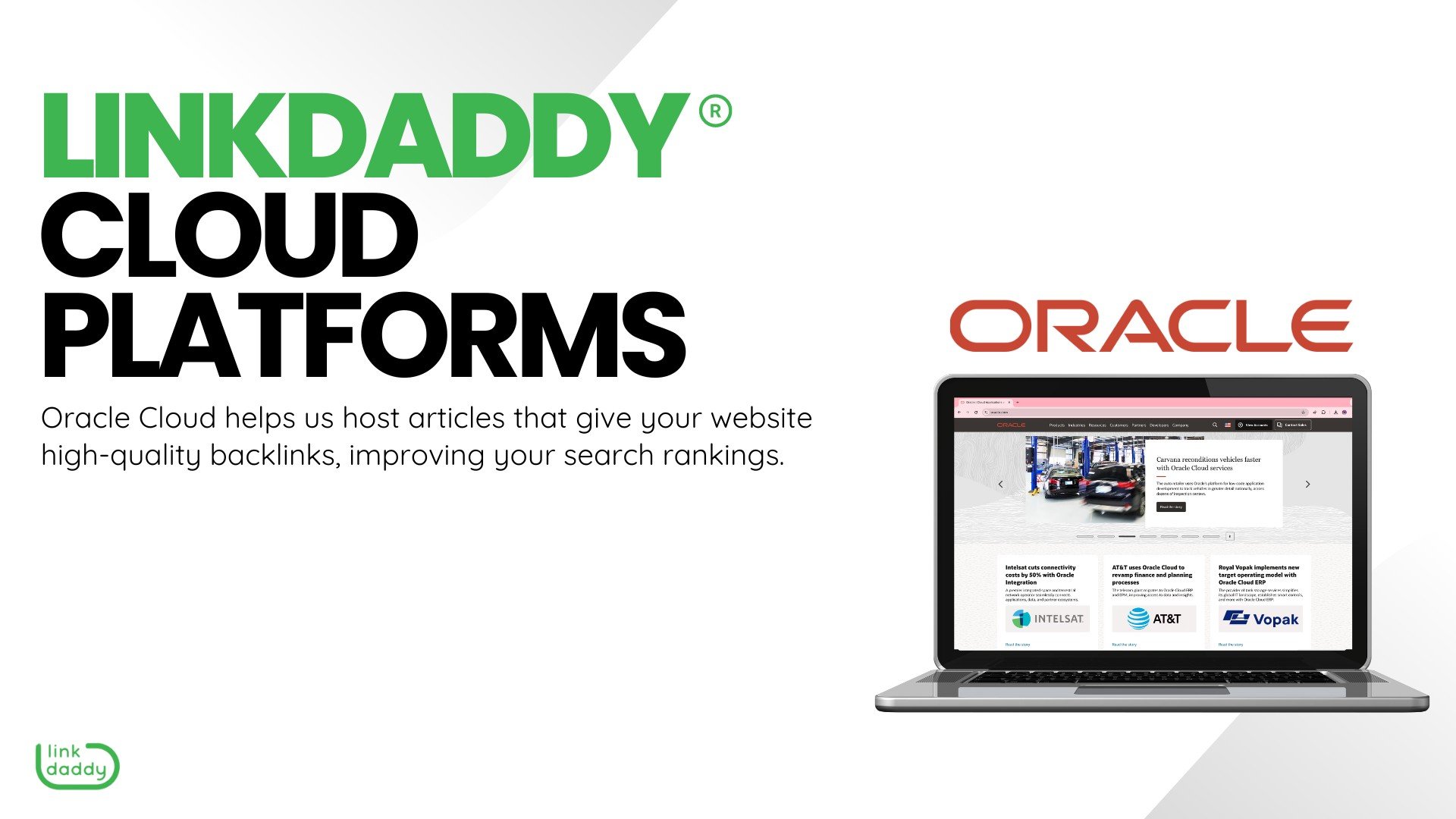Comprehending the Various Kinds Of Cloud Providers and Their Uses
From Facilities as a Service (IaaS) to Software as a Service (SaaS), each type of cloud service offers an unique objective and gives distinctive benefits. By discovering the nuanced capabilities and applications of each cloud solution, one can browse the complexities of cloud computing with accuracy and insight.
Infrastructure as a Service (IaaS)
Framework as a Solution (IaaS) provides users with virtualized computer resources online on a pay-as-you-go basis. This cloud computing model delivers important IT infrastructure such as virtual equipments, storage space, and networking without the requirement for organizations to invest in and take care of physical web servers and data facilities. With IaaS, customers can scale sources up or down based upon their needs, using versatility and cost-efficiency.
One of the key benefits of IaaS is its capacity to rapidly stipulation and release facilities elements, allowing organizations to react quickly to transforming needs and market problems. By contracting out facilities management to the provider, companies can concentrate much more on their core business activities as opposed to managing the intricacies of hardware upkeep and upgrades.
In addition, IaaS uses a high level of reliability and security, with service providers typically offering durable data back-up, catastrophe recovery, and cybersecurity actions. This aids guarantee that critical organization operations stay nonstop and data stays protected against prospective threats. linkdaddy cloud services. In general, Framework as a Service enhances IT procedures, enhances scalability, and decreases resources expenditures for companies of all dimensions
System as a Service (PaaS)
Building upon the foundation of Facilities as a Solution (IaaS), System as a Solution (PaaS) provides a detailed setting for programmers to create, deploy, and handle applications without the intricacies of underlying facilities administration. PaaS provides a platform with tools and solutions that simplify the growth process, permitting programmers to focus on composing code and building applications instead of managing framework worries.

Software Application as a Service (SaaS)
Software Program as a Solution (SaaS) transforms the way organizations access and make use of software program applications by supplying them on a subscription basis through cloud service providers. This cloud computing version removes the demand for companies to keep and install software on private gadgets, as everything is organized and managed centrally in the cloud.
SaaS offers a cost-effective service for services as they just pay for the software application they make use of without the included expenses of hardware upkeep or software program updates. It additionally supplies scalability, allowing business to quickly readjust their software program requirements based on their requirements.
In addition, SaaS applications can be accessed from any device with an internet get more connection, promoting partnership and versatility amongst remote groups. Protection is a top concern in SaaS, with suppliers applying robust steps to secure information saved in the cloud.
Popular instances of SaaS consist of customer relationship management (CRM) software like Salesforce, productivity tools like Microsoft Office 365, and partnership platforms like Google Office. SaaS proceeds to gain traction in business globe as a result of its cost-efficiency, scalability, and ease.
Feature as a Solution (FaaS)
With the advancement of cloud services like Software application as a Solution (SaaS) enhancing software shipment, Feature as a Solution (FaaS) stands for a paradigm shift in just how code is performed in a serverless environment. FaaS allows developers to compose and implement specific functions or pieces of code in action to specific occasions without the need to handle the framework. This serverless computing version allows developers to concentrate only on composing code to carry out specific functionalities, without worrying themselves with the underlying facilities or server administration.
Functions are implemented in stateless containers that are rotated up and down as needed, making sure optimal source use and cost-effectiveness. By abstracting the framework layer, FaaS streamlines development, accelerates time to market, and boosts general agility in releasing cloud-native applications.
Storage as a Solution (STaaS)
An essential element in cloud computing, Storage space as a Solution (STaaS) offers users with a scalable and efficient service for handling information storage demands. STaaS permits companies to store and get information from remote servers through the net, eliminating the requirement for on-premises equipment. This service offers adaptability by enabling individuals to pay just for the storage space they use, making it a cost-efficient solution for organizations of all sizes.

STaaS is specifically advantageous for businesses with changing storage space demands, as it offers a reputable and secure storage space service without the need for significant in advance investments. By leveraging STaaS, companies can improve their data administration procedures, enhance access, and boost data safety and security in a cost-efficient fashion.

Conclusion
In conclusion, understanding the various types of cloud solutions and their uses is important for individuals and businesses looking to take advantage of the benefits of cloud computing. By using the ideal cloud solution, companies can boost their efficiency, scalability, and flexibility in managing their IT infrastructure and applications.
From Facilities as a Service (IaaS) to Software Application as a Solution (SaaS), each kind of cloud service offers an unique purpose and offers distinctive benefits. cloud services press release. By checking out the nuanced functionalities and applications of each cloud solution, one can browse the complexities of cloud computing with accuracy and insight
With the evolution of cloud services like Software application as a Solution (SaaS) simplifying software shipment, Feature as a Solution (FaaS) stands for a paradigm shift in just how code navigate to this website is executed in a serverless environment.In conclusion, understanding the different types of cloud services and their uses is crucial for businesses and individuals looking to take advantage of the benefits of cloud computer. By using the ideal cloud solution, organizations can enhance their performance, scalability, and adaptability in managing their IT infrastructure and applications.